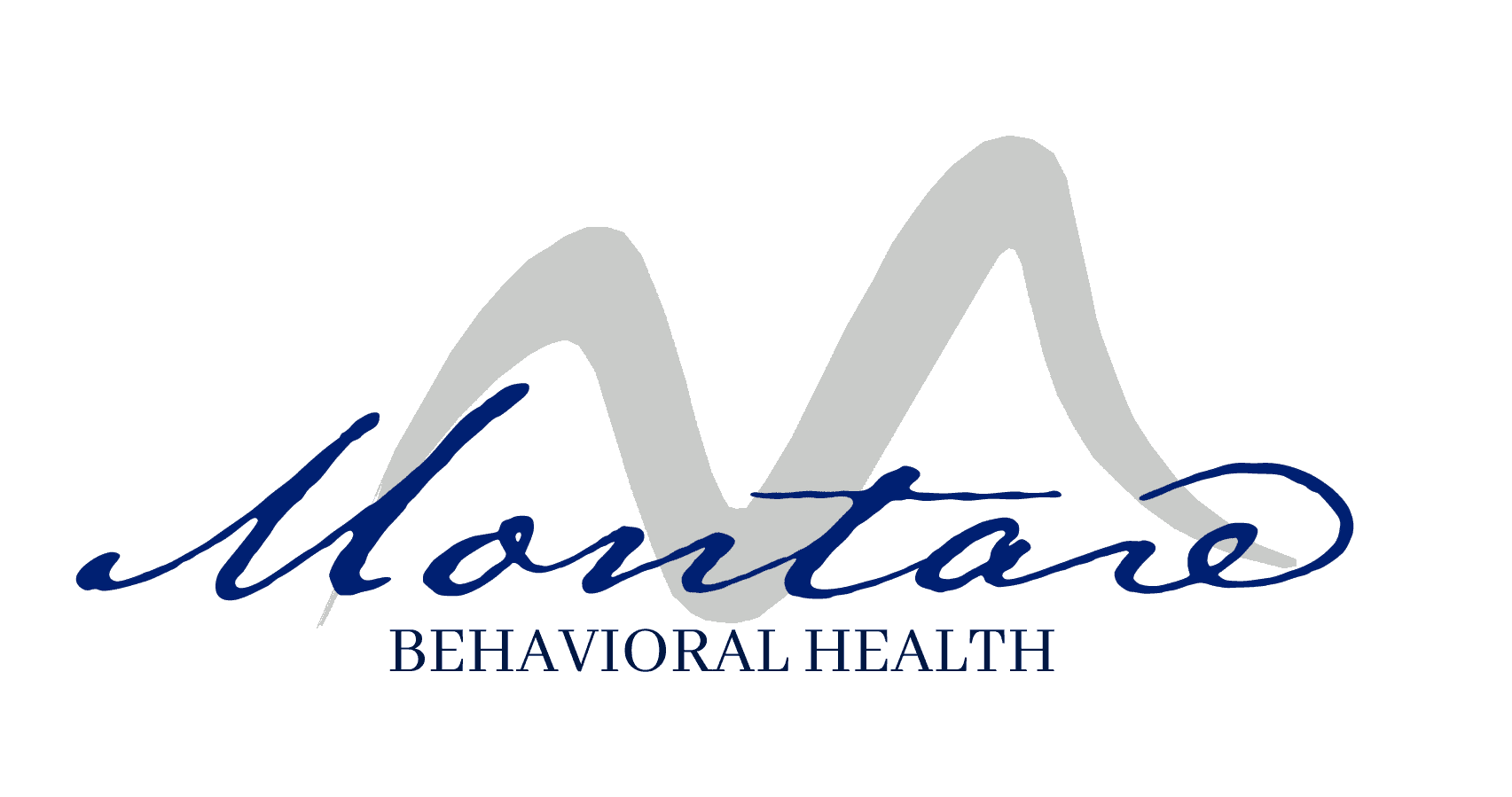Symptoms of mania cause a person to act out in noticeable ways. They are hyperactive and rush from one activity or conversation to another. Those around them find their behavior baffling and often don’t know what causes it.
Manic symptoms can happen as a result of many different kinds of mental health disorders. It takes a skilled mental health counselor to assess the individual and determine why they are experiencing signs of mania. Montare Behavioral Health in Tucson provides life-changing treatment to help people learn to manage their symptoms of mania. Our team of highly experienced therapists work with each individual to increase their ability to minimize their manic emotions and actions. Our beautiful and cozy residential center is the perfect place to work on managing mania.
What is Mania?
Mania is a psychological event that happens to a person as part of a mental health disorder. The person experiences high levels of energy, and an inability to sit still or concentrate. Their moods are often euphoric, and they feel like they are invincible. When someone has mania, they have difficulty on the job, at school, at social events, and other activities. They cannot calm down or otherwise alter their behaviors.
Those around someone in a manic episode will notice something is going on but may not know the cause of the person’s behaviors. They may believe the person is drunk or high on drugs or just acting out in a way they can control but choose not to do so.
What Causes Mania and Manic Episodes?
Why a person develops mania is not always a known factor. For many, it’s a symptom of a mental illness. These disorders include bipolar disorder, seasonal affective disorder, schizoaffective disorder, postpartum psychosis, and more. In fact, mania symptoms are the most common ones associated with bipolar disorder. To that, a person with a family history of mania symptoms has an increased chance of developing it. The individual may also have a faulty chemical balance in their brain that results in the symptoms.
Mania can be triggered by traumatic or devastating events in a person’s life. It can also happen to someone who has a poor ability to handle the stressors of life. As well, people who have a history of drug or alcohol abuse are more prone to develop mania than others.
Anyone suffering from mania should speak to a doctor or mental health professional who can help narrow down the reason for their symptom. Both discussions and medical testing help provide a name for the mental health disorders that trigger the mania. This allows the person and their treatment provider to formulate a treatment plan.
Manic Episode Symptoms
Mania presents in the form of different types of symptoms. The most common ones are:
- Increased amount of energy
- Performing several activities in a short time, often flitting back and forth between them
- Difficulty just sitting still
- Feeling invulnerable and engaging in risky behaviors
- A consistent sense of joy with no particular reason for it
- Going for a long time without sleep
- Racing thoughts
- Difficulty completing tasks or staying on topic in a conversation
The individual can also experience psychotic symptoms as part of mania. These include hallucinations and delusions.
How Are Manic Episodes Treated?
Treatment for mania begins with getting an official diagnosis. This can be done by a physician or mental health professional. The most common forms of treatment for mania include different types of therapy modalities. Individual therapy helps the person sort through their feelings and actions with someone who understands how mania impacts their lives. In particular, Cognitive Behavioral Therapy helps people with mania develop an understanding of how their emotions and thoughts affect their behaviors. They develop healthy coping skills to reduce the impact of manic episodes.
Because families are often confused and directly impacted by someone with mania, attending family therapy can provide many benefits. The therapist helps each family member have a voice and learn to communicate better. The family works together to support their loved one with a mental illness.
Prescription medication also helps people minimize some of their mania symptoms. The types of medications that may be used include mood stabilizers, antidepressants, and antipsychotics. A medical professional will monitor the usage of drugs used to control mania and make any necessary changes in the type of medication or the dosage level.
Contact Montare Tucson if You Have Trouble With Experiencing Mania
Do you recognize the symptoms of mania as something you deal with in your life? Sometimes just learning the name of what you are experiencing makes it easier to focus on how to handle it. Montare Behavioral Health of Tucson employs a talented staff of compassionate mental health professionals. We tailor your treatment plan to meet your unique needs and teach you the best ways to control manic symptoms. We provide optimal evidence-based therapies that teach healthy coping skills. You also have options for prescription medications that reduce the manic feelings.
Contact us today to find out more about how we help you take the spotlight off uncontrollable feelings of mania. We are happy to answer your questions and get you enrolled in our treatment plan quickly.
Published: 11/22/2024


